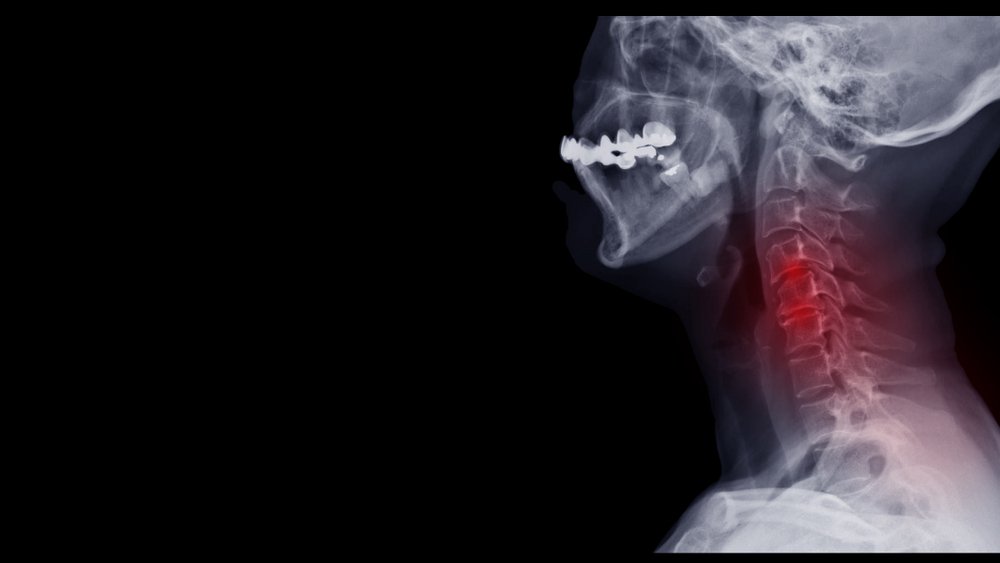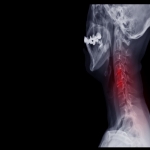Nerve root compression can be defined as cervical radiculopathy. Herniated disc substance or arthritic bone spurs are often to blame for this so-called compression. It's basically the "sciatica" of the upper limb. Neck and arm pain that radiates to the fingers are among the most common side effects. In severe cases, this pain may be accompanied by sensory disturbances (such as pins-and-needles or burning sensations) and even a loss of muscle function (muscle weakness and abnormal reflexes).

Cervical radiculopathy can cause neck pain, headaches, and shoulder pain. Neck pain and disability can be caused by irritated nerves in the neck, which are less common than sciatic nerve irritation. In this article, we'll show you how you and your cervical radiculopathy specialists can assess and treat your cervical radiculopathy pain.
The Outcome of Cervical Radiculopathy Therapy
Inflammation around the nerve root may be the primary cause of the signs and symptoms of cervical radiculopathy, despite the fact that nerve root compression is the official definition of the condition. Cervical radiculopathy can be diagnosed without the presence of signs of nerve root compression on imaging. If you have "nerve root compression" on an MRI, it does not necessarily mean that it is the source of your pain!
Many researchers have found a false positive rate of 45% for root compressions in MRIs to support this claim. There was nerve root compression, even though the patients presented with no symptoms of nerve root compression.
Patients aged 45-54 and those over 64 years old were found to have cervical disc protrusions that were visible on MRI but did not present any clinical symptoms. There is a good chance that you will still have arthritic osteophytes or herniated disc content in your cervical spine after a successful radiculopathy treatment, but your symptoms will be gone because the inflammation has subsided. Your MRI results don't dictate how you'll present yourself!
The Treatment of Cervical Radiculopathy: A Self-Assessment
Before deciding how to treat your pain (not medical advice), you must first confirm that you have cervical radiculopathy! Because of this, there are a number of tests you may perform at home to detect cervical radiculopathy's signs and symptoms. "Wainner Cluster" is the name given to an objective assessment of your risk for developing cervical radiculopathy.
If you can't get an appointment with a physical therapist in your area, call us at Neuroscience Specialist to book your schedule accordingly. Our cervical radiculopathy specialist will initiate your treatment and help you get a permanent relief.
**Disclaimer- Information presented here is not intended to be qualified medical advice. Nothing expressed herein creates a doctor-patient relationship.

